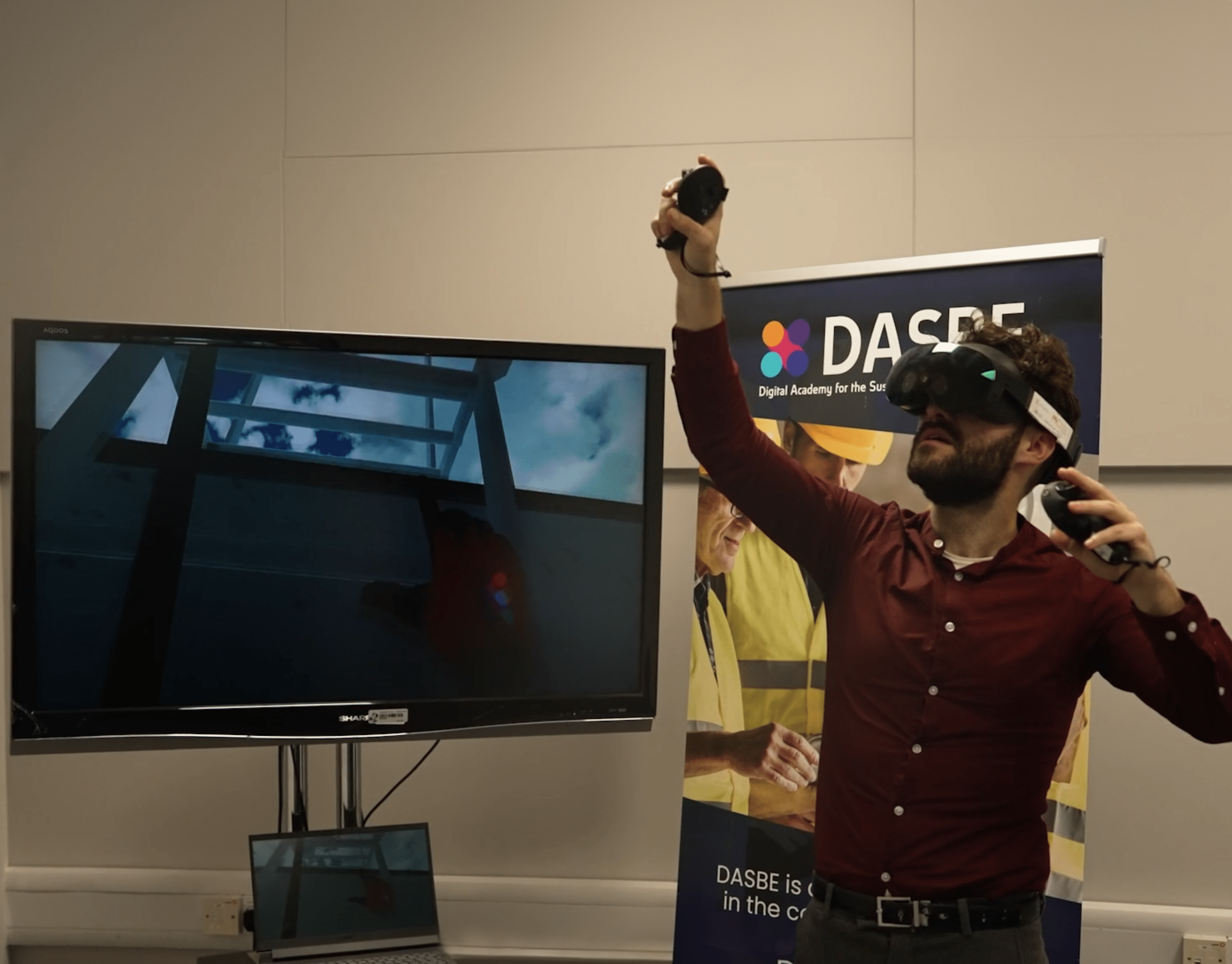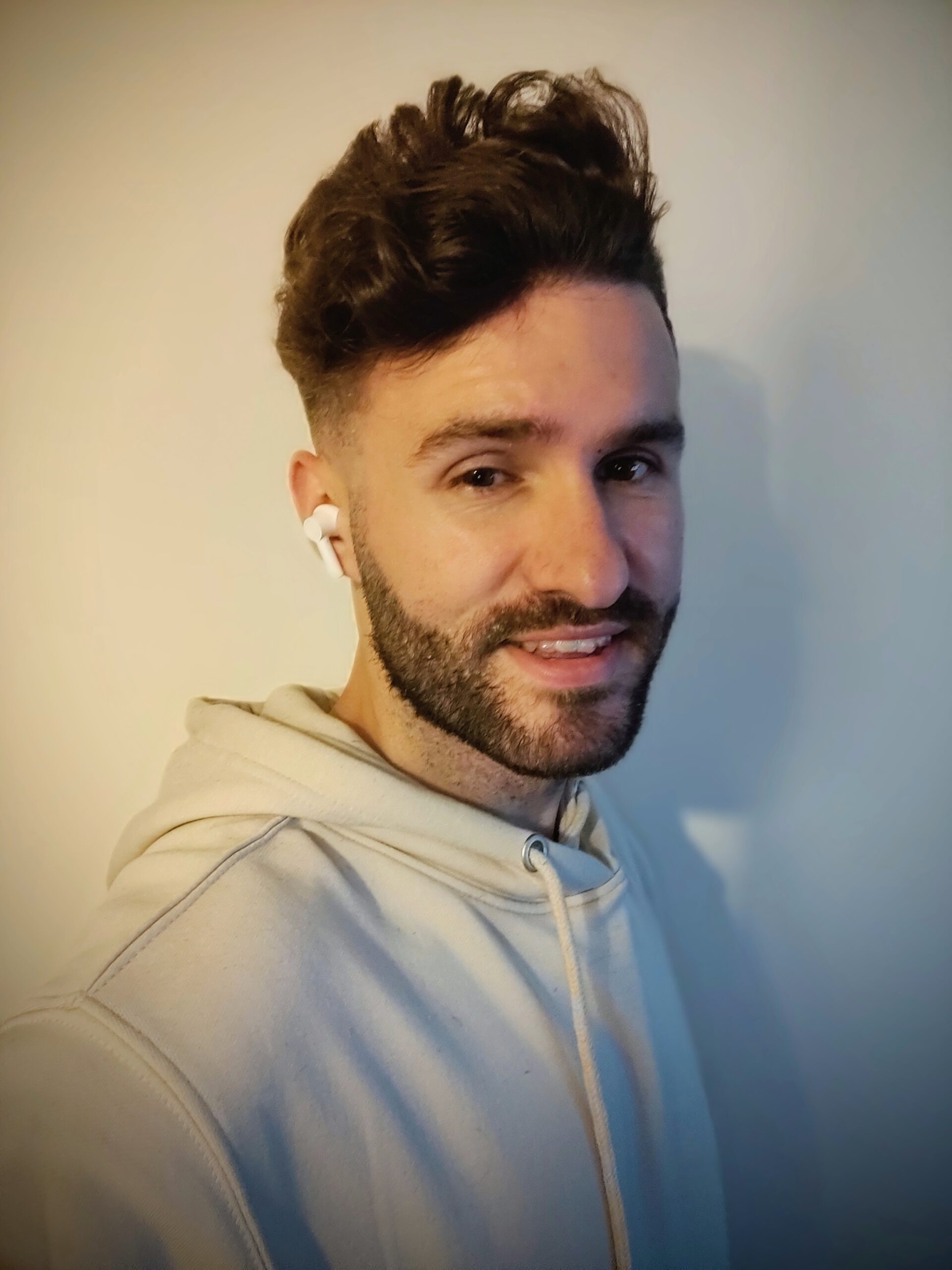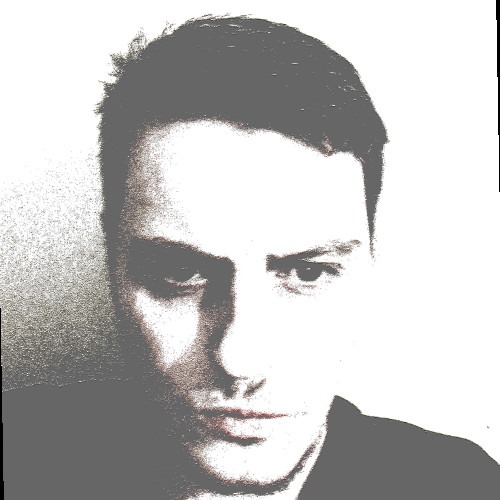


Introduction
This project aims to design, develop and test a number of Virtual Reality (VR) prototypes to support the delivery and assessment of existing and new programmes.
The VR prototypes will be flexible and easily adaptable to support the fast-moving construction industry, with regards to introduction of new materials/products and installation methods through to the provision of innovative ways to provide educational assessment and quizzes during the delivery of the programmes.
Investment-to-Date
In terms of investment to date the primary investment has been on technical expertise within the DASBE team. A range of VR tools and software solutions have been procured to enable of VR product development. Further investment in such solutions is needed for the next phase.
Current used / targeted VR hardware within DASBE projects Include:
The VR Visual Environment and educational tools developed for the use in a traditional residential building (Phase 1.0) was finalised during the period June to December 2022. This involved final modifications and also a range of testing with individuals and groups to identify any specific technical or user issues. The VR team finalised the product and it was successfully demonstrated at a number of promotional events across the TUS campuses during the period.
Project Overview
The initial virtual reality solution crafted by the DASBE team offers users an immersive experience, enabling them to explore an aged, potentially hazardous building while trying to identify building defects.
In contrast to real-world excursions, which are often costly, time-intensive, and fraught with hazards, this virtual platform provides a safe and efficient alternative.
The application also features a range of experimental interactive Training Scenarios, including a dynamic quiz and an engaging interactive wall diagram.

Features:
Project Overview
DASBE's second virtual reality solution is dedicated to offering users an immersive and user-friendly platform for delving into sustainable energy solutions and their practical implementation in real-world contexts.
Users can interact with a virtual heat pump and PV panel within the app, allowing for hands-on exploration and understanding of their functionality. There are also others immersive learning experiences such as climbing a roof & a diegetic quiz.

Features:
Project Overview
DASBE's first mixed reality application leverages mixed reality to empower users. It allows
them to overlay 3D wall models in real-world settings, optimising thermal performance for
various wall types.
Users can also make real-time material adjustments and instantly calculate U-values to
enhance energy efficiency
 Features:
Features:
● Users can add or remove various wall layers, getting instant feedback on how each effects
energy performance.
● The application features 20+ real world materials that can be used in a wall composition.
● Walls can be scattered to give an immersive representation of wall composition with
labelled material layers for clear understanding.
● Application can be used anywhere internally or externally.
● Wall makeup can be exported to a specified email accompanied by an in application
screenshot.
Project Overview
The Mixed Reality Heat Pump Viewer is a prototype developed to explore the use of
emerging mixed-reality features on Meta Quest 3, such as passthrough, spatial anchoring,
and hand-tracking.
It reuses a 3D heat-pump model from a previous project and adapts it for real-world
visualisation, allowing users to view the system at full scale within their physical space.

Features:
● Users can anchor a full scale virtual heat pump against a real world wall using passthrough
technology.
● The model can be opened to access internal parts, allowing users to pick up, rotate, and
inspect components in detail.
● Users can select a component to trigger an audio overview explaining its function and role
within the system.
● Fully controller-free experience, using natural gestures for selection, grabbing, and
inspection.
The VR team also considered next phase opportunities and scoping exercises have commenced to define the specific development path for the next phase. It is anticipated that the focus will be on non-residential buildings with the integration of building services e.g. renewables. Research was also started to assess alternative and cost-effective ways to develop VR educational tools faster, with investigation into different game engines and platforms.
| Cookie | Duration | Description |
|---|---|---|
| cookielawinfo-checbox-analytics | 11 months | This cookie is set by GDPR Cookie Consent plugin. The cookie is used to store the user consent for the cookies in the category "Analytics". |
| cookielawinfo-checbox-functional | 11 months | The cookie is set by GDPR cookie consent to record the user consent for the cookies in the category "Functional". |
| cookielawinfo-checbox-others | 11 months | This cookie is set by GDPR Cookie Consent plugin. The cookie is used to store the user consent for the cookies in the category "Other. |
| cookielawinfo-checkbox-necessary | 11 months | This cookie is set by GDPR Cookie Consent plugin. The cookies is used to store the user consent for the cookies in the category "Necessary". |
| cookielawinfo-checkbox-performance | 11 months | This cookie is set by GDPR Cookie Consent plugin. The cookie is used to store the user consent for the cookies in the category "Performance". |
| viewed_cookie_policy | 11 months | The cookie is set by the GDPR Cookie Consent plugin and is used to store whether or not user has consented to the use of cookies. It does not store any personal data. |